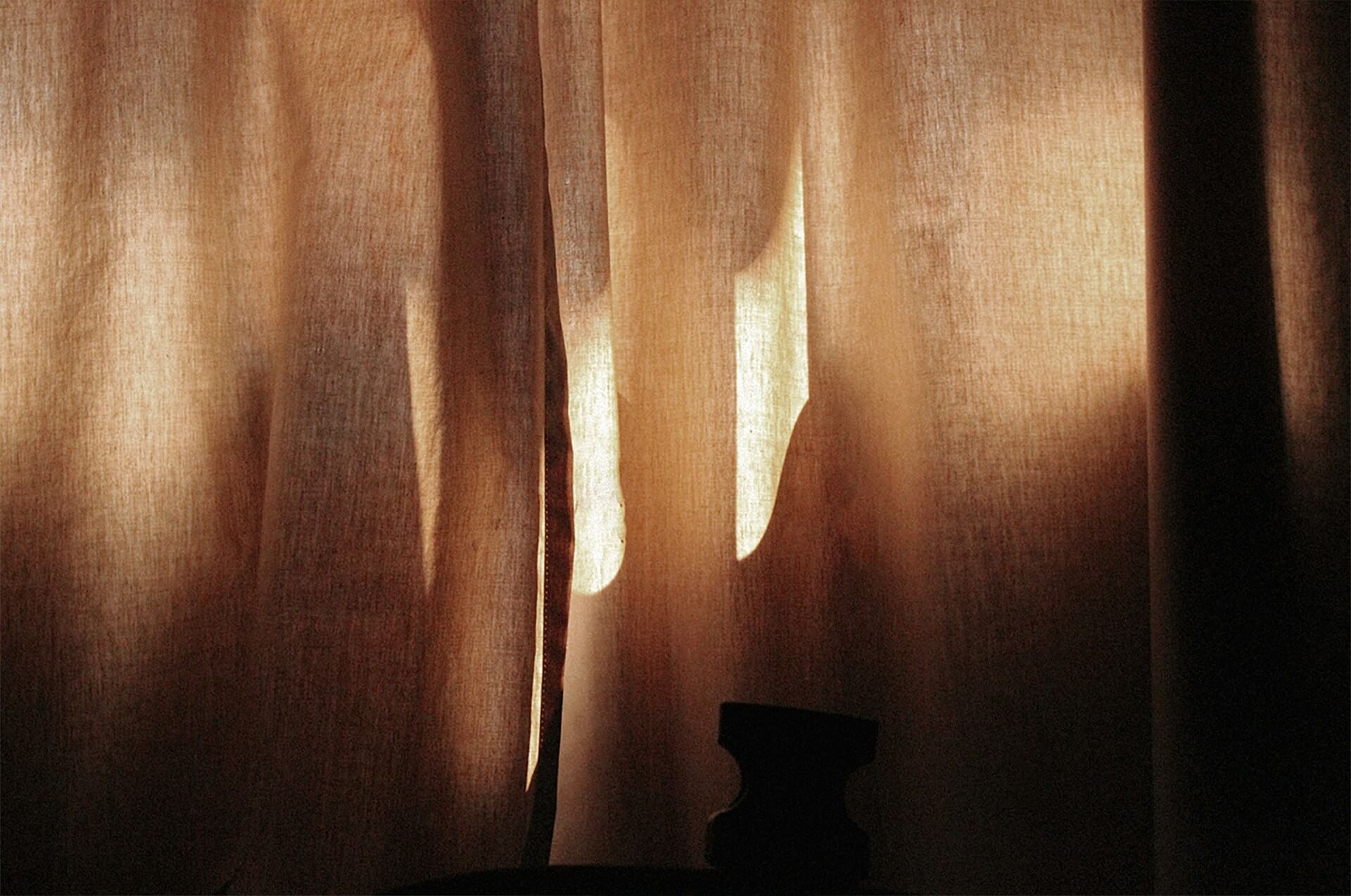
Cartography
For fourteen nights
Unnerved and trembling
We place him in an unfamiliar bed
As alien as we are to this white-blond Asian boy,
Our sudden son
His scalp razored bald
Tenderly, we wonder, by his grieving birth-mother
Or savagely at a knowing orphanage
In a place that would cast him to the street
Seven thousand miles removed
From the room where he lies now
Staring at two strangers tucking him under a comforter
Printed with primary colors he cannot yet name
Whispering reassurance in incomprehensible foreign syllables
Calling him by a name he does not yet know is his
Each night we listen acutely
And we hear him instantly
When he scrambles from the bed
The muted thud when his body,
Underweight, almost hollow
Drops to the floor
Curling sideways on the rug to sleep
As if it were the flimsy futon left so far behind
It is a beckoning that startles her into action
As she leaps up and hurtles to him immediately
His ib-yang eomeoni, his new mother
Who has loved him fiercely
From the time we first saw
That grainy black and white photo they sent,
His fingers clamped to the sides of an office chair
Where he sat clawing for purchase at smooth black leather,
Dressed in dungaree coveralls,
Girl’s shoes, a necklace at his throat,
The letters and numbers of his ID tag
Scrawled on a rectangle of thin white cardboard
Taped flimsily to his left knee
Something in the set of his mouth and eyes
That we could not distinguish
Fear, perhaps, or a ragged uncertainty
She lies on the floor beside him
And when she turns to him
He is already staring at her
His fingertips reaching out toward her face
Slowly, gossamer as pea tendrils
They graze her lips at first
His touch the barest tangent
As he feels their warmth and traces their shape
And then he begins mapping her,
The contours of her cheeks,
The sloped angles of her nose,
The way his finger fits in the space behind her earlobes
She knows better than to reach for his hand
Or do anything but breathe
When his fingers near the lashes of her right eye
She closes it down on the tears brimming there
Until he breaks their fragile surface tension,
Wipes the unchecked wetness aside
Moves to her eyelids,
And then begins again
It is my job each night, when he falls asleep
Only to lift him from the floor
And deposit him back under the bedcovers
But sometimes I stay
Driven, perhaps, by nothing more than primal instinct
Waiting for the moment he might awaken
At midnight or 4 AM
Sit up to scan the room
In the dim yellow shadows the nightlight casts
Then settle himself back down
And tug the covers to his neck
Perhaps he will see me, backlit, silhouetted
In the moonlight spilling in from the edges of his window shade
Watching him raise his arm,
His fingers fluttering,
A symphony of movement
In the air above his head
As he sculpts the atlas of her face there again and again
Just before his eyelids drift shut
And he imagines, before sleep comes,
Her hazel eyes,
Their steady gaze, hovering and assured,
Haven, sanctuary, anchorage
Front Row
It was only here, Saturday afternoons
in the front row of the St. George Theatre
that my father uncoiled like a time-lapse flower
and for two or three hours became my dad again.
Beneath the swollen images of cowboys,
Godzilla, invaders from Mars,
the screaming sound and light,
off came his hat, his tie:
his hair fell back, unkempt,
our necks craned skyward as if watching
our dreams cross by,
their contrails thick with possibilities.
It did not matter that he slapped his knee,
guffawed, spilled popcorn,
guzzled Coke and left his chin unwiped;
and when he cried out and clapped and
threw his arms around me,
it was as if it were he up there on the screen,
playing to the audience behind us,
casting his shadow of triumph
into the projector’s beams of swirling smoke.
Driving home,
his fingers gripped the wheel dead-white,
laughter gave way to silence,
he straightened his tie, hunched over,
grew smaller in the driveway.
“How was the film?” my mother stared, arms folded,
taking his hat at the door.
“The kids liked it” he swallowed, brushed past,
turned silently and winked
while I bit back conspiracy,
already thinking ahead to next week,
the seats so hard
I would be sore for two days,
Episode XIV,
my father unfurled, flying again
in his own sweet rite of spring
beneath the screen where other actors
assumed their careful fictions,
where he released his own